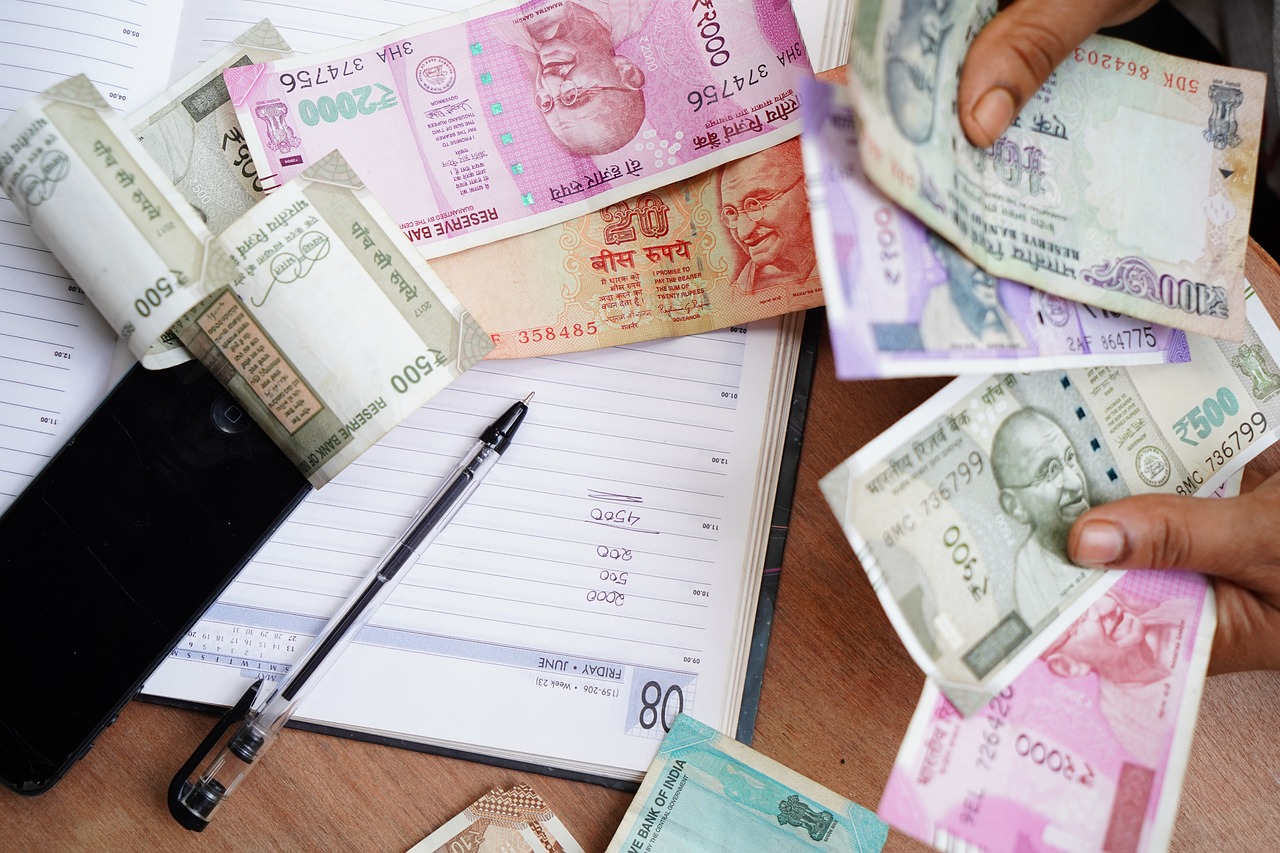
Budget: Inspired by Tamil text, FM wants more rice, but ignores elephant in the room

In her maiden Budget speech, finance minister quoted an Urdu couplet, Chanakya sutras and Vivekananda’s sage advice. But, her real message was hidden in a Tamil verse from the Sangam-era work Purnanuru.
“Just a few mounds of rice cooked from a small piece of land is enough for the elephant. But if the same elephant enters a paddy field it will end up trampling more than it would consume.”
You can argue that the finance minister was conveying her satisfaction with the tax revenues—the mounds of rice—mopped up by the government in its previous tenure. “The tax collection has increased to Rs 11.37 lakh crore to 2018-19 from Rs 6.37 lakh crore from 2013-14,” she pointed out.
But, if you go into the details, where the devil, in this case the elephant, always lies, you can see that the budget is a manifestation of the government’s desire to collect more taxes—both direct and indirect.
Two announcements by the minister stand out as examples of the quest for more mounds of the metaphorical rice. One, the increase in tax and cess on petrol and diesel that would make fuel more expensive by Rs 2 per litre. Two, the reluctance to change the existing Income Tax rates, except for asking imposing a higher cess on the super-rich and a two per cent tax on cash withdrawals above a crore from bank accounts.
Why the government wants to earn more and give less is very clear. The Narendra Modi government is keen on making India a $5 trillion economy, almost doubling it from the existing $2.8 trillion in the next five years.
To achieve this goal, the government needs to ensure the economy grows at a steady 8% till 2024. But, with the GDP number sliding to a 51-month low of 5.8% in the first quarter of the current fiscal, the government knows it will have to do a lot to touch 8%.
The problem with this figure is, at the moment, it looks very, very optimistic. Globally, the trend is pointing towards a slowdown. India, many experts believe, would be lucky to achieve 6.5-7% growth in the current fiscal.
Many governments work on the principle of speaking the truth, howsoever bitter it may be. But, instead of talking about the challenges to growth, the impending slowdown, the Modi government is going in a roundabout way of raising taxes and collecting more revenue. These are clear signs that growing organically at 7-8% would be a big challenge.
The desire for more taxes is accompanied by a vision for more investments, the other important driver of economy. The finance minister said the government would allow 100 per cent foreign investment in aviation, media, and insurance intermediaries. The finance minister also has in mind a divestment target of 1.05 trillion for the financial year. But, if all this was a realistic target, we would not have seen the desire for more tax revenue.
So, the first political message from the Budget is this: Brace for a slowdown. Get ready to pay more taxes.
The other big message in the speech is that the government wants to focus more on rural India. Its primary focus is on giving village households access to electricity and cooking gas, building more toilets and affordable houses. This focus on rural India is a result of the recent general elections in which the BJP made big gains in rural constituencies because of the success of its social welfare schemes. Buoyed by this, the government wants to strengthen this electoral base by spending more on villages.
The Indian middle class sees the budget as a bit of give and take. In this budget, there was a little more of take than give. But this was expected because the rates—no tax for income up to Rs 5 lakh—had been changed in the interim budget before the elections.
The finance minister has, of course, raised the exemption limit for interest on housing loans. But, that’s more likely a sop for the real estate sector that’s struggling because of slowdown in sales and high inventory. The other tax incentive—on purchase of electric vehicles—would remain just a promise since the sector is yet pick up since there is a huge shortage of electric vehicles as well as facilities for charging them.
The message for the urban middle class is simple: Give more for nation building.
The other bad news is that there is no clarity on how the government aims to address rising unemployment. In the din around stand-up, start-up, the government has added another slogan—study in India. But, how this mass of Indians coming out of educational institutions would be employed is something the government doesn’t want to talk about.
Talk about ignoring the elephant in the room!

